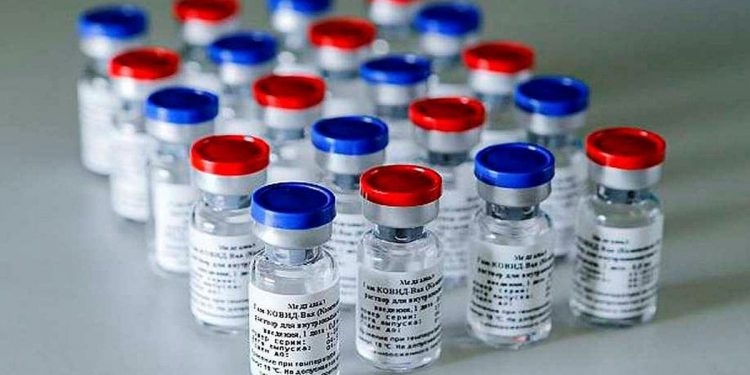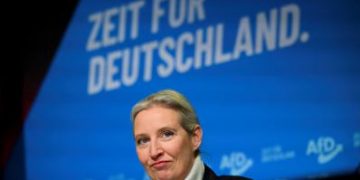London: The World Health Organization’s Europe office said it has begun discussions with Russia to try to obtain more information about the experimental COVID-19 vaccine the country recently approved.
Last week, Russia became the first country in the world to license a coronavirus vaccine when President Vladimir Putin announced its approval.
But the vaccine has not yet passed the advanced trials normally required to prove it works before being licensed, a major breach of scientific protocol.
Russian officials claimed the vaccine would provide lasting immunity to COVID-19 but offered no proof.
Catherine Smallwood, a senior emergency official at WHO Europe said the agency had begun “direct discussions” with Russia and that WHO officials have been sharing “the various steps and information that’s going to be required for WHO to take assessments.”
WHO’s Europe director Dr. Hans Kluge said the agency welcomed all advances in vaccine development but that every vaccine must submit to the same clinical trials.
Russia’s vaccine has so far only been tested in a few dozen people.
Kluge noted that Russia has a long history of developing and administering vaccines, including those for yellow fever and polio.
“This concern that we have around safety and efficacy is not specifically for the Russia vaccine, it’s for all of the vaccines under development,” said Smallwood.
She acknowledged WHO was taking an “accelerated approach” to try to speed development of coronavirus vaccines but said “it’s essential we don’t cut corners in safety or efficacy.”
“We’re not going through a rushed job of trying to jump to conclusions here,” Smallwood said.
“We want to take our time to really understand where the vcine’s at and to get as full information as possible on the steps that have already been taken.”
Scientists say advanced trials testing an experimental vaccine in tens of thousands of people is the only way to determine whether or not it works.
Two other potential COVID-19 vaccine candidates have already started such studies in the U.S. and elsewhere, and will require about 30,000 people to receive the immunization and be tracked afterward.
Russian officials said doctors might start getting vaccinated with their experimental shot this month and that mass campaigns could begin in October.
AP






































